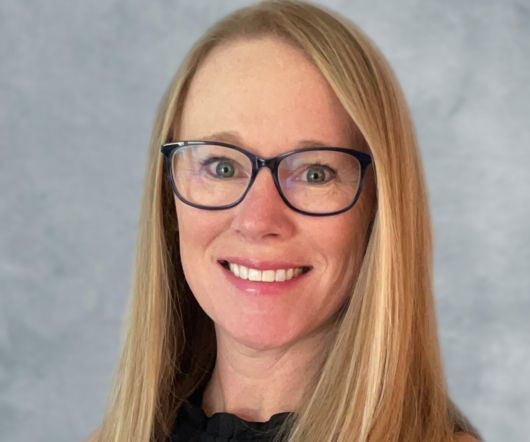How Diversity, Equity, and Inclusion Can Influence Healthcare
Relias
MARCH 17, 2022
Healthcare organizations have a growing responsibility to improve diversity, equity, and inclusion (DEI) efforts not only for their employees, but also to better serve patients and their families. DEI has been a recent focus for businesses and organizations across the world, but perhaps none stand to make a greater impact than the healthcare industry, as it directly affects patient health outcomes and quality of life in a profound way.
































Let's personalize your content